
ПОСОБИЕ_English_for_economists_посл
..PDF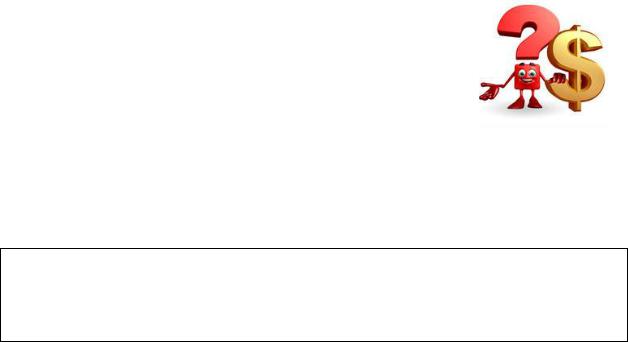
4.Answer the following questions.
1.What is a consumer behavior?
2.What is the first stage in buying the product? Describe it.
3.What is ―information search‖?
4.How do you understand ―evaluation‖?
5.What is the fourth stage?
6.How can you define ―postpurchase evaluation‖?
5. Fill each gap in the text below with a word or phrase from the box. The items in bold are headings.
Assets, credit availability, discounts, discretionary income, economic growth, employment, general economic situation, loss growth, outgoings,
price, purchasing power
1. general economic situation
When the national economy is doing well, when people feel that their _______ is safe, they spend more. In times of a slow down in _________, if interest rates or taxation rates increase, then buyer confidence goes down.
2. ________________________
People spend according to what is left after meeting their regular costs on rent, mortgage, bills, tax, borrowings and other ___________. What is left is called _________.
3. ________________________
Banks and other lenders are sometimes particularly happy to lend, for example to anyone in work, or with _________ such as property. Credit card spending goes up and many people borrow money to buy goods.
4. _______________________
This is perhaps obvious. High prices may limit spending, but not always. Sometimes high prices indicate high quality and this increases the desirability of the product. Price may also be less important if the need is great. But, in contrast, low prices may increase buying, especially where ____________ are on offer. Sometimes items are offered at a low price as a
______________. This means products are sold at below cost price. The shop thinks that consumers will buy these low priced goods, but also other high profit items.
91
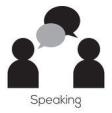
6. Fill each gap in the sentences below with a preposition from the box. The prepositions may be used more than once.
at |
in |
into |
of |
on |
to |
with for |
about |
|
|
|
|
|
|
|
|
1.People who are concerned __about _ society are typically interested _______ marketing ethics.
2.Niche marketing is frequently concerned _______ aiming particular products _________
specific socio-economic groups.
3.Brands loyalty is based ________ the development ________ routine purchasing of lowinvolvement goods.
4.The success of shops attached __________ petrol stations depends _________ impulse purchasing. You can see motorists who suddenly decide to buy a music cassette, confectionery or a magazine.
5.Research __________ buyer behaviour shows that when consumers make routine purchases ___________ regularly used consumer products, they are not personally involved
___________ the products.
6.Routine purchasing contrasts _________ the purchase of consumer durables, such as furniture, kitchen appliances or a car. Here there is a greater degree _________ personal involvement.
7.Clients have increasingly high expectations __________ the providers of professional services in a range of fields, including health, education and the law.
8.Special government appointed committees are responsible ____________ ensuring that consumers get good service and adequate protection. Sometimes called consumer watchdogs, they respond ____________ reports of malpractice.
7. Speaking.
Describe the buying patterns women exhibit versus men.
92

1. Before you buy something, do you shop |
5. When you buy a gadget, do you read |
around in different places? |
through the guarantee and conditions? |
a. always |
a. always |
b. sometimes |
b. sometimes |
c. never |
c. never |
|
|
2. Are you easily taken in by adverts and the |
6. If you have a problem with a product, do |
appearances of products? |
you take it back to the shop as soon as |
|
possible with the receipt, guarantee and |
|
packaging? |
a. always |
a. always |
b. sometimes |
b. sometimes |
c. never |
c. never |
|
|
3. When you buy something, do you ever |
7. When you take something back, do you go |
throw away the receipt? |
up to a shop assistant and start off by |
|
explaining the problem politely? |
a. always |
a. always |
b. sometimes |
b. sometimes |
c. never |
c. never |
|
|
4. Before you buy clothes, do you try them |
8. Have you ever rung up your local |
on first? |
consumer protection organisation to help |
|
you out with a problem? |
a. always |
a. yes |
b. sometimes |
b. no |
c. never |
c. never |
|
|
8. Answer the questions above and discuss your results in the group.
93

FINAL TASKS
1A. Fill in the missing words in the table.
|
Verb |
|
|
Agent |
|
|
General noun |
|
|
|
|
|
|
|
|||
|
|
|
|
|
|
|
|
|
|
market |
|
marketer |
|
|
|
||
|
|
|
|
|
|
|
|
|
|
distribute |
|
|
|
|
|
|
|
|
|
|
|
|
|
|
|
|
|
|
|
|
|
|
|
competition |
|
|
|
|
|
|
|
|
|
|
|
|
|
|
|
|
|
advertising |
|
|
|
|
|
|
|
|
advertisement |
|
|
|
|
|
|
|
|
|
|
|
|
|
|
supplier |
|
|
|
|
|
|
|
|
|
|
|
|
|
|
|
|
|
sponsor |
|
|
|
|
|
|
|
|
|
|
|
|
|
|
consume |
|
|
|
|
|
|
|
|
|
|
|
|
|
|
|
|
|
produce |
|
|
|
|
|
|
|
|
|
|
|
|
|
|
|
|
|
|
|
|
analyst |
|
|
|
|
|
|
|
|
researcher |
|
|
|
|
|
|
|
|
|
|
|
|
|
|
import |
|
|
|
|
|
|
|
|
|
|
|
|
|
|
|
|
1B. Complete the sentences below with words from the word table.
1.Marketers m___________ p___________ to customers.
2.Advertisers a__________ to c__________.
3.Market analysts a_________ the performance of s_________ and the behaviour of c____________.
4.The opposite of export is __________.
5.The opposite of demand is _________.
6.C__________ is good for consumers.
7.S__________ is a form of a_____________.
94
2. Complete the following sentences with a preposition from the box, where necessary. You need some of the prepositions more than once. Some of the sentences do not need an extra word.
after |
in |
on |
out to |
with |
|
|
|
|
|
1.I head ___________ the marketing department at Power Enterprises.
2.I report directly ____________ Mr. Power himself.
3.I look ____________ a department of about 30 people.
4.I deal ____________ all the major aspects of the company‘s marketing strategy.
5.I liaise ____________ the other members of management committee.
6.I listen carefully ___________ what our customers say.
7.I handle _______________ one or two of the major accounts myself.
8.I‘m working _____________a very important account at the moment.
9.I also monitor ___________ the general situation in the market place.
10.We carry ___________ market surveys regularly.
11.We test ____________ new products on groups of consumers.
12.I am also involved ____________ one or two of Mr. Power‘s takeover projects.
Business verbs
For each of the verbs below, three of the four words or expressions fit. In each case
circle the one that does not fit.
1. |
DO |
|
a) business |
b) a profit |
|
|
|
|
|
|
|
|
c) a job |
d) a deal |
|
|
|
|
|
2. |
MAKE |
|
a) money |
b) business |
|
|
|
c) a loss |
d) a decision |
|
|
|
|
|
3. |
TAKE |
|
a) a long time |
b) a decision |
|
|
|
c) appropriate measures |
d) a deadline |
|
|
|
|
|
|
|
|
|
|
4. |
HAVE |
|
a) progress |
b) something to eat |
|
|
|
c) shares in a company |
d) a meeting |
|
|
|
|
|
5. |
MEET |
|
a) a deadline expectations |
b) customer‘s |
|
|
|
c) an appointment |
d) a target |
|
|
|
|
|
|
|
|
|
|
|
|
95 |
|
|

6. LAUNCH |
|
a) a product |
|
|
b) a ship |
|
|
|
|
|
c) a campaign |
|
|
d) a team |
|
|
|
|
|
|
|
|
|
|
|
|
|
|
|
|
|
7. |
CUT |
|
a) costs |
|
|
b) jobs |
|
|
|
|
c) a decision |
|
|
d) a price |
|
|
|
|
|
|
|
|
|
8. |
CARRY OUT |
|
a) a meeting |
|
|
b) duties |
|
|
|
|
c) research survey |
|
|
d) a market |
|
|
|
|
|
|
|
||
|
|
|
|
|
|
|
|
9. |
ACHIEVE |
|
a) progress |
|
|
b) a breakthrough |
|
|
|
|
|
|
|
|
|
|
|
|
c) a job |
|
|
d) little |
|
|
|
|
|
|
|
|
|
|
|
|
|
|
|
|
|
10. REACH |
|
a) a decision |
|
|
b) a strategy |
|
|
|
|
|
c) an agreement |
|
|
d) a target |
|
|
|
|
|
|
|
|
|
|
|
|
|
|
|
|
|
3.Translate the following sentences into English.
1.Его целью было взимать больше налогов (to tax) с богатых людей. 2.
Победитель получит приз стоимостью 1000 $. 3. Ценность недвижимости постоянно возрастает. 4. Ферма поставляет яблоки изготовителям соков и нектаров. 5. Мистер Харрисон был постоянным клиентом клуба «Золотой лев». 6. В этот период процветали различные типы маркетинга, розничной торговли и производственных кооперативов. 7.
В этом районе довольно много торговых точек, и вы можете купить все, что захотите.
8. Потребности общества постоянно увеличиваются. 9. В зимнее время увеличивается спрос на лыжи и коньки. 10. К материальным активам компании относятся здания,
сооружения, оборудование компании. 11. Хочешь мой телевизор в обмен на этот фотоаппарат? 12. Сохраняйте чек (receipt) как доказательство покупки.
4. Think of the situations where you can use the following idioms.
Any man‘s money, be made of money, coin money, count one‘s blessings, count the cost, for my money, give smb. a new lease of life, as good as gold, have got money to burn, a stroke of bad luck.
96
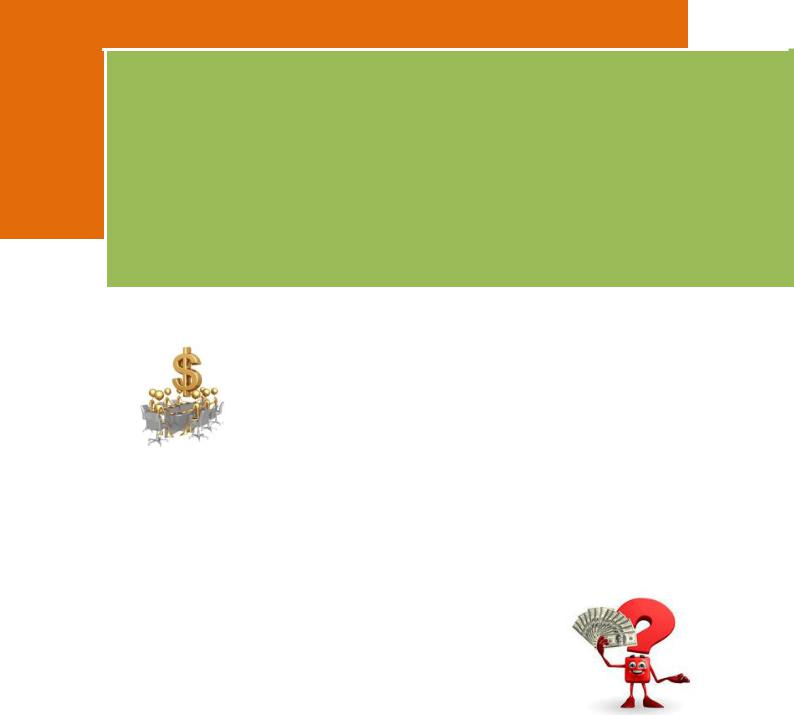
Unit 7.
Introduction to principles of management
Text 7А
1. Before you start.
Who is a manager?
What types of managers do you know?
2. Read the words and learn them by heart. Make up your own sentences with them.
1.Top-level manager – менеджер высшего звена
2.Middle-level manager – менеджер среднего звена
3.First-level manager – менеджеры первого (низового) звена
4.Hierarchy of authority – иерархия власти
5.Board of directors – совет директоров
6.Non-executive director – независимый директор
7.Executive director – исполнительный директор
8.Vice-president – вице-президент
9.CEO (Chief Executive Officer) – главный исполнительный директор,
генеральный директор
10.Overseeing – надзор за
11.Strategic plan – стратегический план
12.Company policies – политика компании
13.Outside resources – внешние ресурсы
14.Accountable – ответственный
15.Shareholder – акционер
16.General public – широкая общественность
17.General manager – главный управляющий, главный менеджер
97
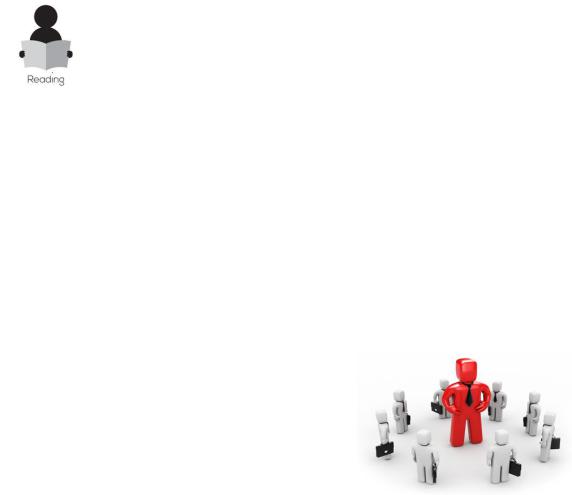
18.Branch manager – руководитель филиалов
19.Department manager – руководитель отдела
20.In conformance – в соответствии
21.To provide guidance – обеспечить руководство
22.To bridge – преодолеть
23.To design and implement – разработать и реализовать
24.To define and monitor – определить и контролировать
25.To diagnose and resolve problems – диагностировать и решать проблемы
26.To implement – реализовать
27.Supervisor –контролер, наблюдатель
28.Foremаn – бригадир
29.Assigning – назначение
30.Basic supervision – основной надзор
3.Read the text 7A, translate it and compare your ideas in ex.1 with the facts.
Who are Managers? Levels and Types of Managers.
An individual who is in charge of a certain group of tasks, or a certain subset of a company. A manager often has a staff of people who report to him or her.
Most organizations have three management levels: top-level, middle-level, and firstlevel managers. These managers are classified in a hierarchy of authority, and perform different tasks. In many organizations, the number of managers in every level resembles a pyramid.
Top-level managers |
|
|
|
||
The |
top |
consists |
of |
the board |
of |
directors and executive directors), |
president, |
vice- |
|||
president, CEOs and |
other |
members |
of the C-level |
||
executives. They are responsible for controlling and overseeing the entire organization. They set a tone at the top and develop strategic plans, company policies, and make decisions on the direction of the business. In
directors (including non-executive
https://meirctc.files.wordpress.com/2012
98
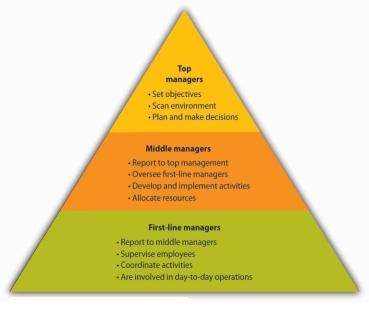
addition, top-level managers play a significant role in the mobilization of outside resources and are accountable to the shareholders and general public.
Middle-level managers
consist of general managers, branch managers and department managers. They are accountable to the top management for their department's function. They devote more time to organizational and directional functions. Their roles can be emphasized as executing organizational plans in conformance with the company's policies and the
http://images.flatworldknowledge.com objectives of the top management,
they define and discuss information and policies from top management to lower management, and most importantly they inspire and provide guidance to lower level managers towards better performance.
Efficiency of the middle level is vital in any organization, since they bridge the gap between top level and bottom level staffs.
Their functions include:
Design and implement effective group and inter-group work and information
systems.
Define and monitor group-level performance indicators.
Diagnose and resolve problems within and among work groups.
Design and implement reward systems that support cooperative behavior. They also make decision and share ideas with top managers.
First-level managers consist of supervisors, section leaders, foremen, etc. They focus on controlling and directing. They usually have the responsibility of assigning employees tasks, guiding and supervising employees on day-to-day activities, ensuring quality and quantity production, making recommendations, suggestions, and up channeling employee problems, etc. First-level managers are role models for employees that provide:
Basic supervision
Motivation
99
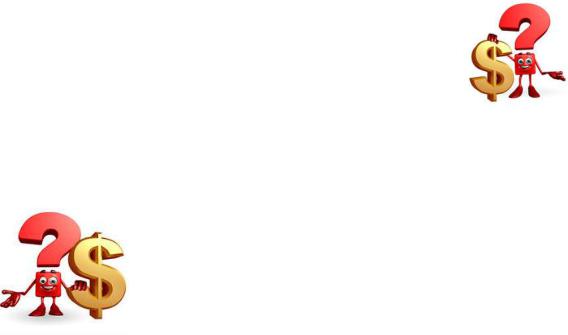
Career planning
Performance feedback
We tend to think about managers based on their position in an organization. This tells us a bit about their role and the nature of their responsibilities.
(Source: http://en.wikipedia.org; http://www.businessdictionary.com)
4. Say if the sentences concerning Text 7A are true or false.
1.Most organizations have four management levels.
2.Top-level managers are responsible for controlling and overseeing the entire organization
3.Middle-level managers consist of general managers, branch managers and department managers.
4.Middle-level managers devote more time to organizational and
controlling functions.
5. First-level managers consist of the board of directors, president, vice-president and other members of the C-level executives.
5. Answer the following questions.
1.Why do organizations need managers?
2.How can you define the term ―manager‖?
3.What are some different types of managers and how do they differ?
4.Who is responsible for controlling and overseeing the entire
organization?
5.What members do top-level managers consist of?
6.What are the functions of middle-level managers?
7.Who focuses on controlling and directing?
8.What are the responsibilities of first-level managers?
6. Give English equivalents of the following words and word combinations from
Text 7A.
Менеджер высшего звена, вице-президент, независимый директор, внешние
ресурсы, руководитель филиалов, ответственный, иерархия власти, совет директоров,
100
